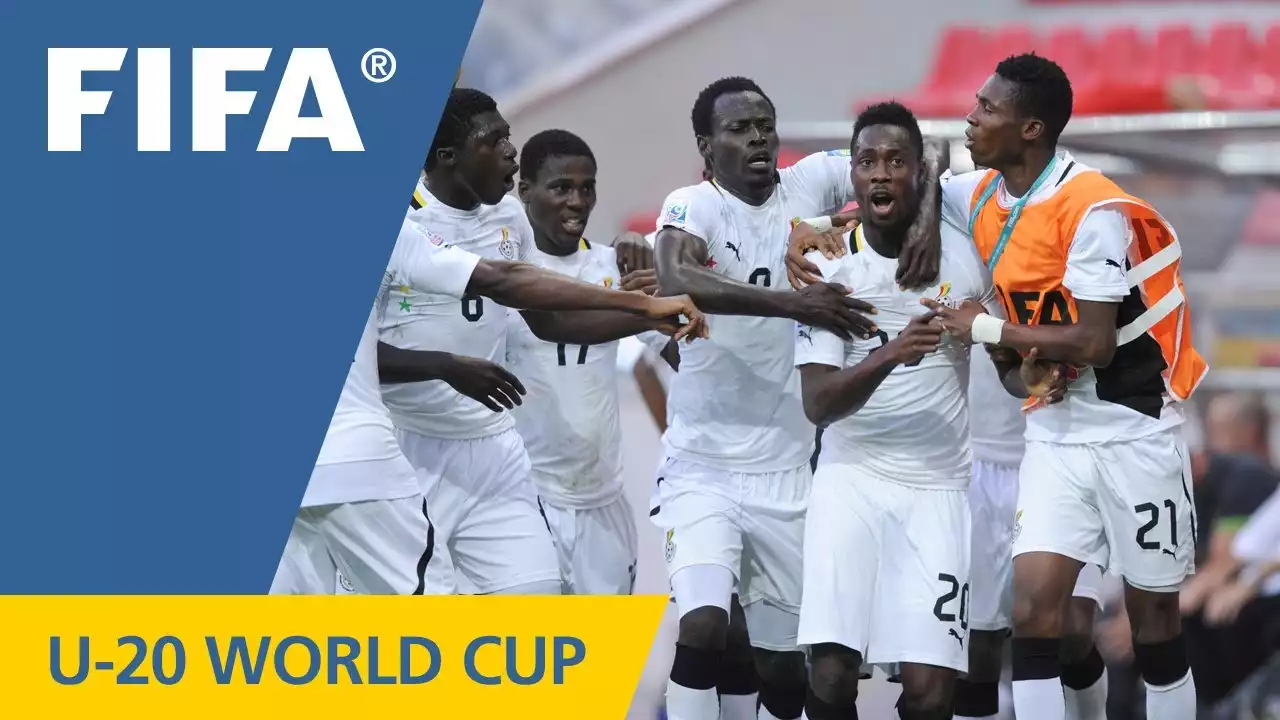Overview of Argentina's success in the tournament
Argentina's success in the FIFA U-20 World Cup is unparalleled. They have claimed an impressive six tournament victories, more than any other nation. Their consistent performances and ability to produce exceptional young talent have cemented their position as the team to beat in this prestigious competition.
The Argentine team's success can be attributed to a combination of factors. First and foremost, Argentina has a deep-rooted passion for football that is ingrained in the nation's culture. The country breathes and lives the sport, and this fervor is evident in the performances of their youth teams.
Argentina's dominance in the U-20 World Cup history
Argentina's dominance in the FIFA U-20 World Cup can be traced back to the tournament's inception. They made an immediate impact, winning the inaugural edition in 1979. Since then, they have consistently been a force to be reckoned with, reaching the final on numerous occasions.
The Argentine team's success is not limited to a particular era. They have lifted the trophy across different decades, showcasing their ability to constantly produce talented players. From the likes of Diego Maradona and Lionel Messi to Sergio Agüero and Juan Román Riquelme, Argentina has been a breeding ground for footballing excellence.
Key players who have emerged from Argentina's U-20 team The FIFA U-20 World Cup has served as a platform for Argentina's rising stars to announce their arrival on the global stage. Over the years, numerous players have emerged from the U-20 team and gone on to achieve great success in their careers.
Diego Maradona, arguably one of the greatest footballers of all time, first made his mark in the U-20 World Cup. His performances in the 1979 edition were nothing short of extraordinary, and he played a crucial role in Argentina's triumph. Similarly, Lionel Messi, another Argentine legend, showcased his immense talent in the 2005 tournament, leading Argentina to victory and winning the Golden Ball award.
Factors contributing to Argentina's success in the tournament
Several factors contribute to Argentina's success in the FIFA U-20 World Cup. Firstly, the country's extensive grassroots development programs ensure that talented youngsters are identified and nurtured from a young age. This system allows Argentina to consistently produce players of exceptional quality.
Another key factor is the emphasis placed on technical and tactical aspects of the game. Argentine players are renowned for their technical ability, ball control, and creativity. This focus on skill development gives them an edge over their opponents in the tournament.
Furthermore, Argentina's strong footballing culture and the passion of its fans play a significant role in motivating the players to perform at their best. The support and expectations from the passionate Argentine crowd drive the team to achieve greatness in the U-20 World Cup.
Comparison with other successful nations in the U-20 World Cup
While Argentina stands out as the undisputed leaders in the FIFA U-20 World Cup, other nations have also enjoyed success in the tournament. Brazil, for instance, has won the competition five times and is a fierce rival of Argentina. The two nations have often clashed in thrilling encounters, showcasing their footballing prowess.
Germany and Portugal are also notable contenders in the U-20 World Cup, with both nations tasting victory twice. Their success in the tournament highlights the strength of their youth development systems and the quality of their young players.
However, Argentina's track record in the U-20 World Cup remains unmatched. Their consistent performances and ability to produce top-level talent have set them apart from the competition.
Analysis of Argentina's playing style in the tournament
Argentina's playing style in the U-20 World Cup is characterized by flair, creativity, and technical brilliance. The team emphasizes possession-based football, with an emphasis on intricate passing and intelligent movement off the ball.
Argentine players are known for their exceptional dribbling skills and ability to unlock tight defenses. They often exhibit individual brilliance, showcasing their skills in one-on-one situations. This style of play not only entertains the fans but also gives Argentina a significant advantage over their opponents.
Additionally, Argentina's defensive solidity and ability to control the tempo of the game are crucial aspects of their playing style. The team is well-organized at the back and possesses the ability to dictate the flow of the match, frustrating their opponents and limiting their scoring opportunities.
Impact of Argentina's success on their senior national team
Argentina's success in the FIFA U-20 World Cup has had a significant impact on their senior national team. Many of the players who have excelled in the U-20 tournament have gone on to become key figures in the senior squad.
The experience gained in the U-20 World Cup prepares these players for the challenges of international football. It provides them with the opportunity to test themselves against top-level competition and develop the necessary skills and temperament to succeed at the senior level.
Furthermore, the success of the U-20 team instills confidence and a winning mentality in the players, which carries over to the senior team. This winning mentality has been evident in Argentina's triumphs in major international tournaments, such as the FIFA World Cup and the Copa America.
Challenges faced by Argentina in maintaining their dominance
Despite their remarkable success in the FIFA U-20 World Cup, Argentina faces several challenges in maintaining their dominance. One of the main challenges is the increasing competition from other nations. As more countries invest in youth development programs and improve their infrastructure, the level of competition in the tournament continues to rise.
Additionally, Argentina's success in the U-20 World Cup means that they often lose their most promising young players to top European clubs at an early age. This can disrupt the team's cohesion and make it challenging to build a strong squad for each edition of the tournament.
Another challenge is the pressure and expectations that come with being the team to beat. Argentina's opponents are motivated to perform at their best when facing them, making each match a tough battle. This pressure can sometimes affect the performance of the young Argentine players.









